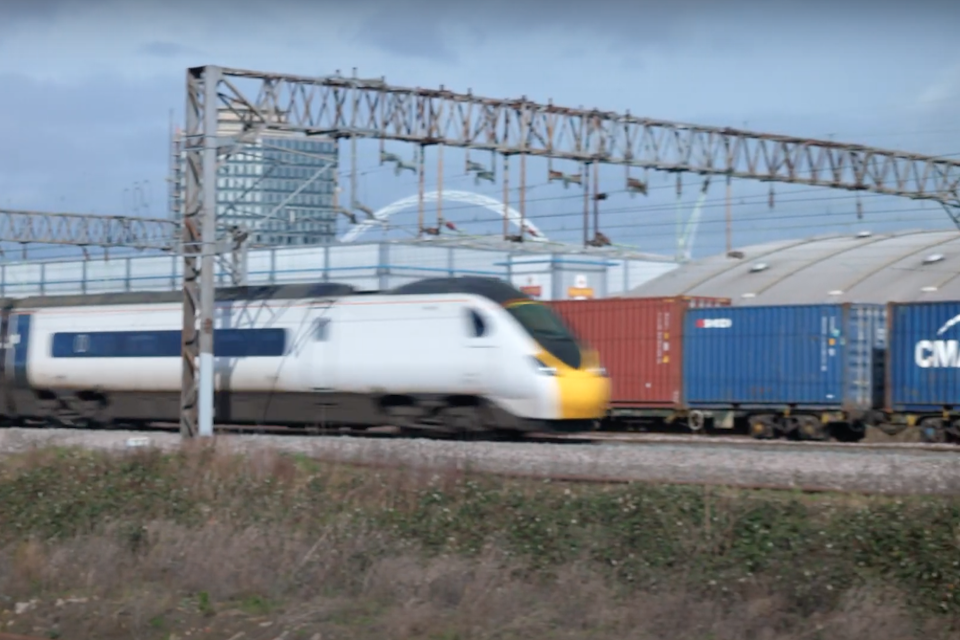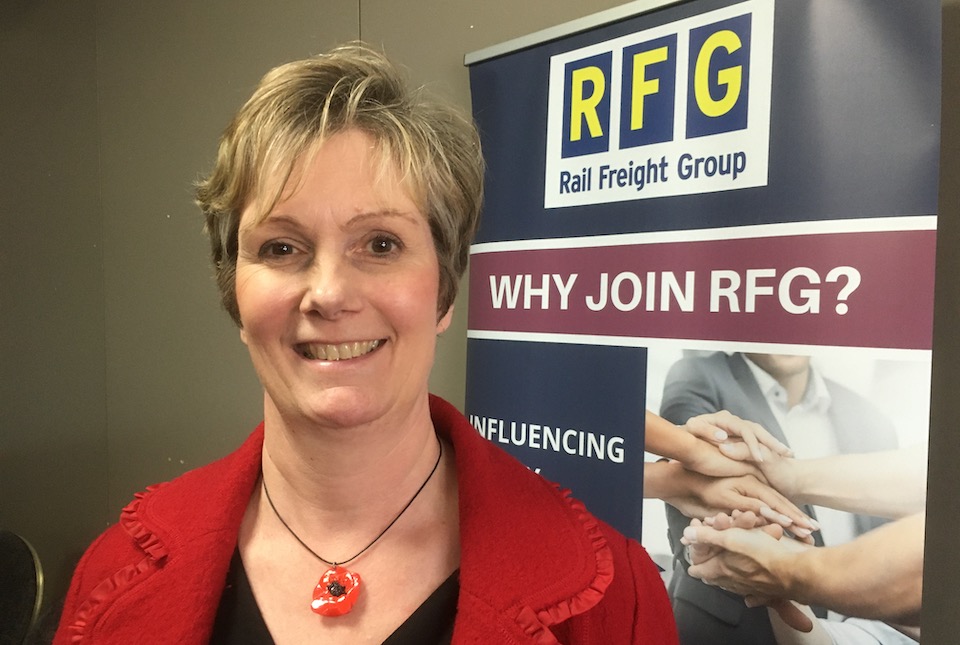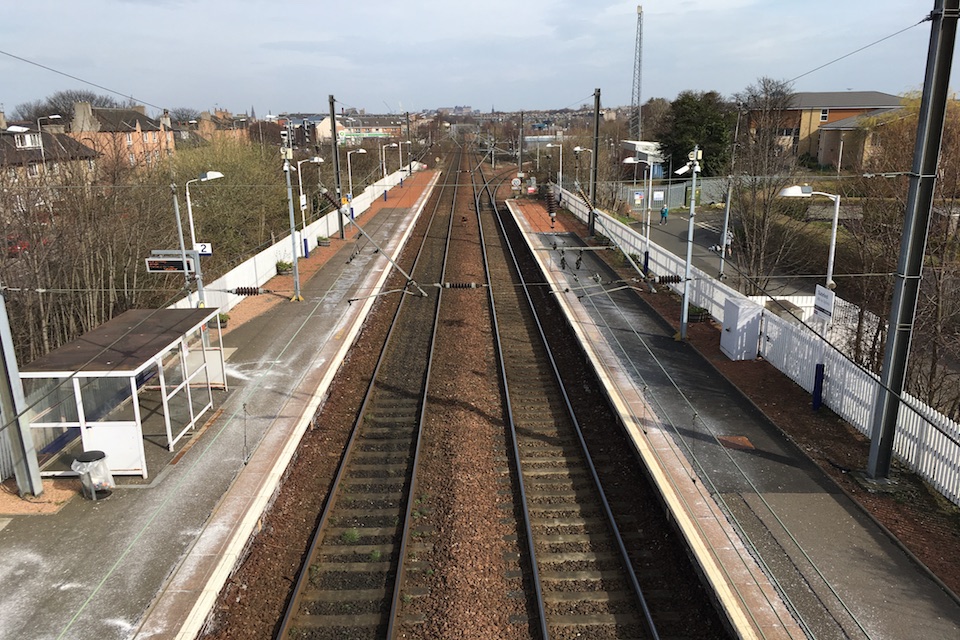UK ends franchising passenger traffic, what does it mean for freight?

The UK government has announced this morning that it will support the passenger network for at least the next 18 months. This means that it is officially renationalising the railways, doing away with the franchising system that has been in force since the early 1990s. Which implications does this have for freight?
The UK passenger network, which has been running as a network without passengers for almost a year, has had its future secured by the government. Westminster this morning announced that current emergency measures would be extended for at least the next year and a half. That means that passenger operating companies are placed into a concession-style arrangement with immediate effect. Contracts were, according to government sources, signed over the weekend.
Passenger vs freight operations
The business case for passenger train operators looks much more rosy today than it has done for many years. Every operator in England can now breathe easily, knowing that potential losses are written off, and they have security of tenure until Spring 2022. They will have to forego any profit, but it is unlikely that any part of the network would be in the black before then. There is some dissent from train operators who say the concession model works well in urban, metro situations, but is not flexible enough for mixed traffic, long haul operations.
For freight operators the position is very different. Apart from the potential for government-backed contracts – such as HS2 construction, there is no direct support for the sector. Freight has been standing on its own feet throughout the pandemic. Margins are small in the sector, but the overall picture is solvent.
Rail freight industry calls for recognition
The representative body for the industry, the Rail Freight Group (RFG), has reacted to the announcement. They have today called for full recognition of the rail freight sector in government’s planned reforms for UK railways. The RFG says the government has signalled further changes in future through, what the RFG calls, “a process of reform that will ensure our railways are entirely focused on the passenger”.

“Rail freight operators continue to operate in the private sector, as they have done for the past two decades”, said Maggie Simpson, RFG director-general. “They, and their customers, expect their needs to be placed at the heart of the railway, alongside, and no less than, the needs of passengers. Rail freight is essential for decarbonising transport and supporting economic recovery. Network Rail and the Department for Transport must continue to support growth, deliver for our customers and ensure fair and equal access to the network for freight services.”
Competition for staff and skill shortage
What may affect freight operators in the short term is recruitment, particularly of drivers. There is an overall shortage of skilled staff in the rail freight industry, and with the passenger network underwritten, there will be competition to recruit staff.

It is also likely that competition will be evident on the rails. Passenger traffic will be almost guaranteed to run at full strength, regardless of demand from the travelling public. That will place pressure on paths of course and, unlike the early months of the year, when lockdown restrictions halted passenger traffic, the network will be running at capacity as usual.
Closer intervention likely
UK Transport Secretary Grant Shapps called the measures ‘recovery contracts’ in his radio interviews this morning. That implies a significant degree of intervention from his Department for Transport. While these measures apply largely to England, there are similar arrangements in place in Scotland and Wales, where transport matters are devolved to the regional governments there. Scotland in fact made similar provisions last week, so Shapps could be said to be catching up with his counterparts in Edinburgh and Cardiff.
The transport secretary has made no mention today of freight operations, and the sector is yet to formally respond. As always in rail freight, the industry is simply getting on with business as reliably as ever.
You just read one of our premium articles free of charge
Want full access? Take advantage of our exclusive offer





